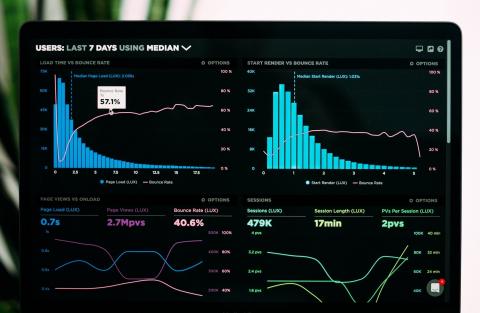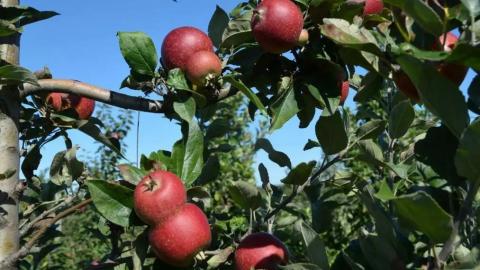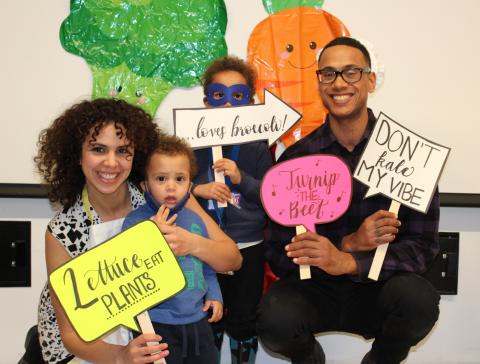- About the Office of Research
- Welcome Message
- Meet the Vice-President (Research)
- Strategic Research Plan
- Mission Statement
- Services and Divisions
- Discover our Research
- Research Chairs
- Facts and Figures
- Centres, Institutes, and Groups
- International Research
- Find a Researcher
- Core Research Facilities
- For Researchers
- Safeguarding Research
- Commercialization Policy and Framework
- Indigenization, Equity, Diversity and Inclusion in Research
- Research Alerts
- Funding
- Ethics and Regulatory Compliance
- Research Integrity and Conflict of Interest
- Patenting, Licensing, and Commercialization
- Honours and Awards
- Ontario Agri-Food Innovation Alliance
- Other Considerations and Resources
- Forms, Policies, Guidelines, and Procedures
- Interactive Support Sessions for Researchers
- Researcher Training and Development
- Research Administration Information Management System (RAIMS)









